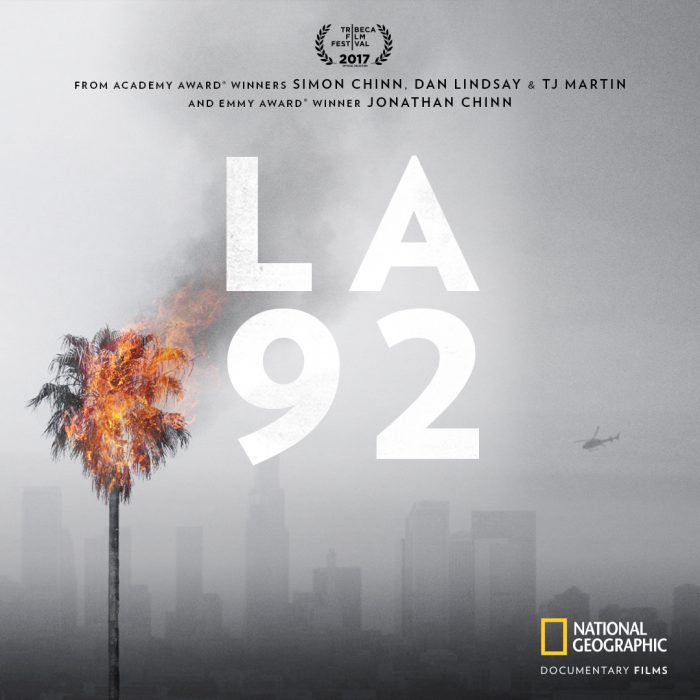“LA 92” documentary gives a look into past police brutality as it continues today
September 16, 2020
“LA 92”, a documentary directed by Daniel Lindsay and T.J. Martin. The film was released in 2017 and is available for viewing on Netflix and Hulu. The documentary covers the hard period following the verdict of the Rodney King trial in 1992. The trial was of the incident of Rodney King, an African American who was brutally beaten by four Los Angeles policemen, three of them being white. The beating by the police officers caused skull fractures, broken bones, teeth, and permanent brain damage. Despite the excessive force used, the officers were found not guilty which resulted in upset and rage.
After the first trial, several days of protests, violence, and lootings occurred in LA. The film consists of raw footage that makes the viewer feel as if they are right there in the middle of the courtrooms and protests. The documentary moves the audience in a way that makes them feel the same emotions that people at that time were feeling. The use of film techniques and musical choices really make the film catch your emotions and pull at your heartstrings. The film used video clips of the courtroom and testimonies to bring the audience into what King was facing himself. The documentary was heartbreaking to watch because it’s hard to see how people were getting hurt simply because of the color of their skin and how quick people were to judge African Americans based on their prejudiced assumptions.
Though the events surrounding this documentary were from the early ’90s, it’s a topic that still resonates today. LA 92 showcases some of the same things as what has happened in the world with the Black lives Matter movement currently taking place. Years later, we still see similar excessive force used by some police officers, going so far as hurting someone and causing permanent damage if not death. I recommend this documentary for those who want to see more about the past and learn more about the racial problems that African American people have faced and are continually facing 28 years later, and additionally for those who might want to find out about the ways that we haven’t gotten to the point of change for this issue.


